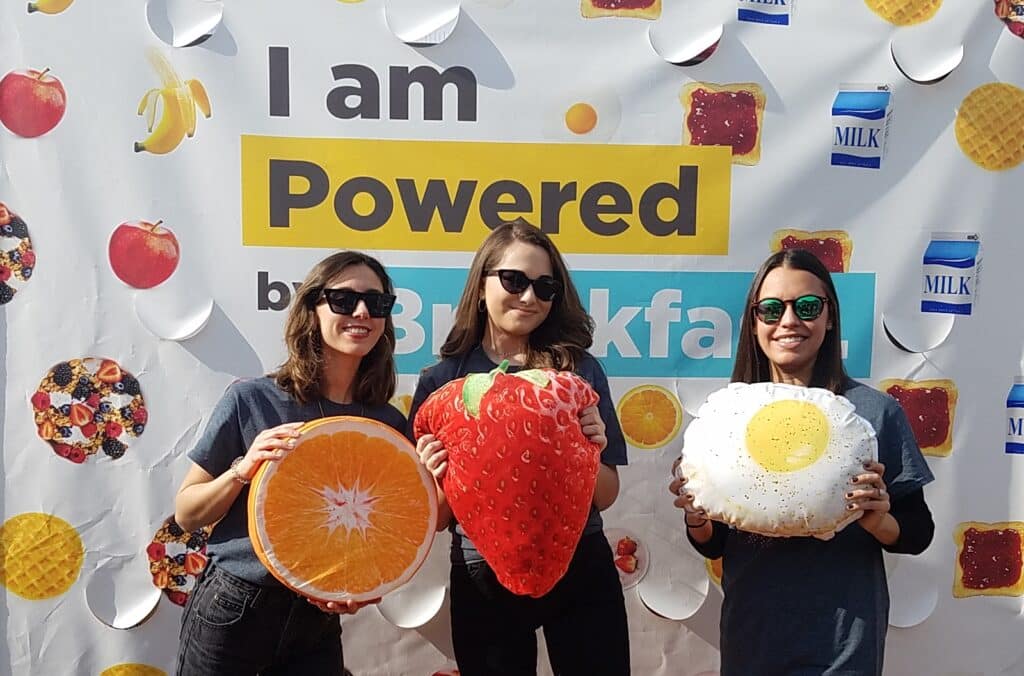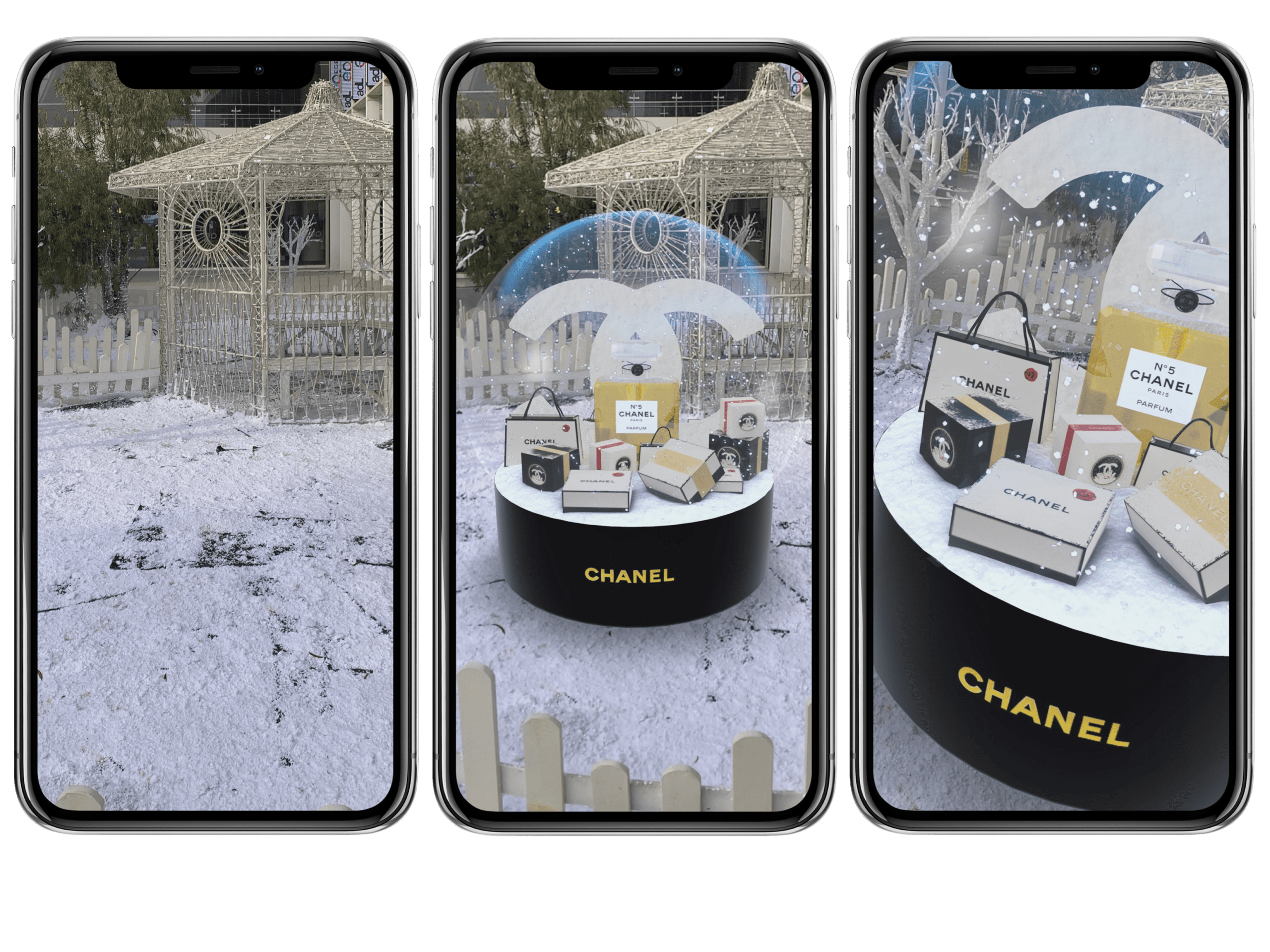In today’s fast-moving digital world, small businesses face an uphill battle when it comes to standing out, attracting customers, and building brand loyalty. While digital marketing is essential for reaching broader audiences online, it often lacks the personal touch that makes a brand truly memorable. This is where experiential marketing comes in.
By creating immersive, interactive brand experiences, small businesses can engage consumers on a deeper level, strengthen brand recall, and encourage word-of-mouth marketing—all without needing a massive advertising budget. But how can small businesses implement experiential marketing effectively?
This article will explore how small businesses can leverage experiential marketing, provide practical strategies and real-world examples, and explain how Towerhouse Global can help small businesses create high-impact, budget-friendly brand activations that drive engagement and growth.
1. Why Small Businesses Need Experiential Marketing
The Power of Hands-On Brand Engagement
Unlike traditional digital marketing, which relies on ads, emails, and social media, experiential marketing is all about creating memorable, real-world interactions with customers. This is especially important for small businesses because face-to-face engagement builds trust, fosters community, and drives customer loyalty.
📌Key Benefits of Experiential Marketing for Small Businesses:
✔Increases brand awareness and engagement.
✔Encourages word-of-mouth marketing and social sharing.
✔Creates emotional connections that lead to brand loyalty.
✔Gives consumers a reason to interact with a brand beyond online content.
📌Example:
- A local coffee shop could create a “Latte Art Challenge” where customers try their hand at making latte art, share their creations on social media, and receive a discount on their next purchase.
✔Why It Works:
✅Customers feel actively engaged, not just marketed to.
✅It turns a simple visit into a memorable, shareable experience.
✅It encourages social media promotion and organic marketing.
How Towerhouse Global Can Help:
We create affordable, interactive experiential marketing campaigns tailored for small businesses, ensuring high-impact engagement without a big budget.
2. How Small Businesses Can Implement Experiential Marketing
- Host Pop-Up Events & Live Brand Activations
📌What It Is:
Pop-up experiences allow small businesses to engage directly with customers in unique ways, even if they don’t have a permanent storefront.
📌Example:
- A small bakery could launch a “Secret Menu” pop-up where customers unlock exclusive treats by scanning a QR code on social media.
✔How Small Businesses Can Use Pop-Ups:
✅Set up at farmers’ markets, festivals, or local fairs.
✅Offer limited-time products or exclusive experiences.
✅Use social media to drive attendance and create buzz.
- Integrate Digital Marketing with Experiential Events
📌What It Is:
Small businesses can use digital marketing to amplify their experiential campaigns, ensuring that the impact extends beyond in-person interactions.
📌Example:
- A local fitness studio could run a “30-Day Wellness Challenge”, where customers attend in-person classes, track their progress via a mobile app, and share updates on social media.
✔How Small Businesses Can Integrate Digital Marketing:
✅Encourage attendees to share their experiences online using branded hashtags.
✅Use live-streaming to engage remote audiences.
✅Leverage influencer collaborations to expand reach.
3. Offer Interactive Product Demonstrations & Sampling
📌What It Is:
Nothing convinces customers faster than getting to try a product firsthand. Small businesses can boost trust and conversion rates by offering hands-on product experiences.
📌Example:
- A small skincare brand could set up a “Try Before You Buy” booth at a local event, allowing customers to test products and receive mini skincare consultations.
✔How Small Businesses Can Use Product Sampling:
✅Offer free trials or small giveaways to new customers.
✅Provide hands-on demonstrations at local markets or community events.
✅Use AR or VR to create virtual product try-on experiences.
- Gamify Customer Engagement with Challenges & Rewards
📌What It Is:
Gamification makes customer interactions fun, competitive, and rewarding, increasing engagement and repeat visits.
📌Example:
- A local bookstore could run a “Read & Earn” challenge, where customers receive discounts for every five books they purchase and review.
✔How Small Businesses Can Gamify Experiences:
✅Create point-based loyalty programs with experiential rewards.
✅Use QR codes for interactive in-store challenges.
✅Encourage social sharing through competitions and giveaways.
- Partner with Other Small Businesses for Co-Branding Events
📌What It Is:
Small businesses can team up to host joint events, share audiences, and create community-driven experiences.
📌Example:
- A local brewery and a food truck company could host a “Beer & Bites Festival”, where customers sample unique beer and food pairings while enjoying live entertainment.
✔How Small Businesses Can Benefit from Co-Branding:
✅Reduces marketing costs by sharing expenses.
✅Increases exposure to new audiences.
✅Strengthens local community ties.
How Towerhouse Global Can Help:
We help small businesses design collaborative, high-impact experiential marketing campaigns that drive local engagement.
- Measuring the Success of Experiential Marketing for Small Businesses
📌How to Track Results & ROI:
✔Social media engagement (likes, shares, branded hashtags).
✔Customer foot traffic before, during, and after the activation.
✔Direct sales generated from the experiential campaign.
✔Customer feedback and reviews post-event.
📌Example:
- A small boutique that runs a “Styling Experience” activation can track sales from customers who attended, as well as social media interactions from the event.
✔Why This Matters:
✅Understanding ROI helps optimize future campaigns.
✅Data-driven insights improve brand engagement strategies.
✅Shows what worked and what can be improved.
How Towerhouse Global Can Help:
We provide data-driven strategies and performance tracking tools to help small businesses maximize the impact of their experiential marketing efforts.
Final Thoughts: Why Small Businesses Should Invest in Experiential Marketing
Small businesses may not have the same marketing budgets as big brands, but they do have the power to create unique, immersive experiences that leave lasting impressions. Experiential marketing helps small businesses stand out, build community engagement, and increase brand loyalty—all while driving higher sales and social media buzz.
✔It makes small businesses more memorable.
✔It turns customers into brand advocates.
✔It complements digital marketing strategies for long-term engagement.
At Towerhouse Global, we specialize in:
✅Affordable, high-impact experiential marketing strategies for small businesses.
✅Live event production & interactive brand activations.
✅Hybrid marketing campaigns that blend digital marketing with real-world engagement.
📩Contact Towerhouse Global today to create a powerful experiential marketing campaign that helps your small business grow and thrive! 🚀




